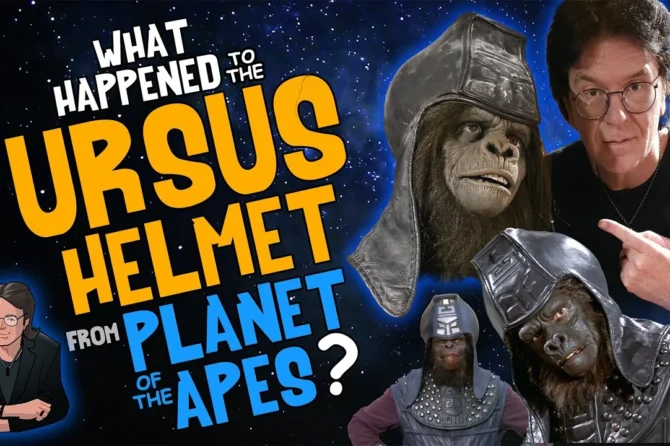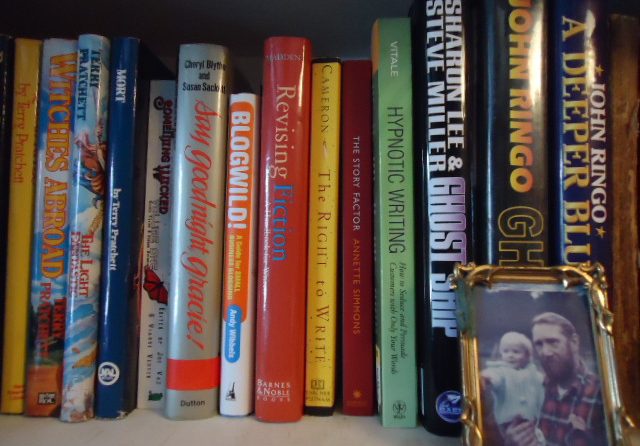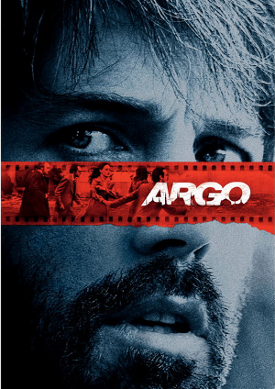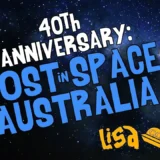Well, all my advice is free…but today I want to talk about how to maximize the use of free with regards to your writing. First, I should say that you should always have something available for people to try without first opening their wallet. In many respects you always do, because ebooks have samples and because most books use Amazon’s “Look inside the book feature.” But let’s talk about expanding beyond that.
The Purpose of Free
I’m sure there are a number of reasons for releasing a free work. Sometimes it’s a matter of just wanting someone to read what you’ve written, and you feel you can’t justify asking money for it. Other times you may want to provide a little “thank you” to readers who have supported your work in the past. For the purposes of this post, I’m going to talk about free within the context of using it to further your writing career. In other words, how to use free to gain more readers with the goal of making money so you can write full-time. In this case, you are using free as a low barrier to entry with the hopes that it will be the gateway drug that will lead to future paid book sales.
Choices in What to Make Free
- Perma-free Full-length novels: I must say I’m not a fan of perma-free full-length novels. That being said, it has been hugely successful for a number of self-published authors such as: David Dalglish, Michael G. Manning, Lindsay Buroker, Joseph Lallo, Jason Tesar, Daniel Arenson, Elle Casey, David A. Wells, Brian Rathbone, K. C. May, Michael Stark, Brian S. Pratt and M. R. Mathias. The reason I don’t like this is because a full-length novel takes a long time to produce and each one generally provides a revenue stream. Having a first book permanently free is a loss to potential income. That being said, many of these authors felt they needed to reduce the risk to get people to try their books, and for them it has worked well. The key to success, of course, is that it has to be a really good book to get people to the next one.
- Free books from the author’s site that are for sale on standard venues: There are a number of authors that have done this such as Cory Doctrow and Brandon Sanderson. Brandon makes good money from his Warbreaker story, and yet it is free on his site for anyone who wants it. This drives traffic to his site, and provides a way of giving his readers something for nothing. For most traditionally published authors this won’t be an option, as the publisher won’t permit such things, but Brandon’s introduction to why and how he did it is worth a read. I recommend reading his introduction here.
- Extended previews: I really like extended previews, both as an author and a reader. There are several reasons for this. First off you can’t control where the break will occur in the standard preview. I think Amazon cuts off at 10% and if you have a lot of front material that may mean only a few pages of the first chapter. Also, many times people can’t judge from just a few pages whether the work is for them or not. I’d rather someone read the extended preview and decide it’s not their cup of tea then to have them buy the book and have a disappointing experience and leave a bad review. If you can’t capture someone in 50 – 60 pages then you aren’t going to and it’s best if they just move on to something else then to have their $’s in your pocket but a bad taste in their mouth because they bought something they didn’t like. The best thing about extended previews though, is you can choose where to stop the story—doing so at an exciting point will make them want to hit the “buy the book” right then and there. If you are traditionally published, it is quite an easy thing to get a free preview up (as they can post books without prices). You may still have to convince them that is worth the extra effort—my publisher did this with The Crown Tower and based on the rankings it is getting a good number of downloads. I put up an extended preview for Hollow World and initially I had to set the price at $0.99, but then with a little work got it free…more on this in a minute.
- Short story prequel: This is my preferred thing to make free. Write a small short story introducing your main characters that is a good representation of your style and ability—make sure this is highly polished (don’t just throw something up there). For me I wrote a short called The Viscount and the Witch and it has been very successful, not only for those that have already read my stuff and want more, but as an easy to digest and free way for new people to try my stuff. Next to extended previews, I think this is the best way to spend a little effort (not a whole novel) and get a lot of return from “free.”
- Bonus Introductory Material: Darren T. Patrick, indie author of The Cloudstone Key did a really nice job at creating some free introductory material for his book. You can find out more about it here. It’s called A Reader’s Guide to Thollan and provides information about the geography, climate, culture, commerce, key personalities and even rumors that go on in the series. It’s extremely well done and the professionalism of it sets the stage that the book is going to be equally well produced. Download a copy and check it out for yourself.
- Bonus After reading Material: If you are like me, you probably enjoy the bonus material provided with DVD’s and Blu-ray discs. Sometimes it’s an interview with the director, or a behind the scenes look. When people get done with a book it’s nice to reward them with a little “something special.” I have an afterword for my Riyria Revelations and whenever I see a tweet or a post where someone mentions they just finished the story I ask them to drop me a line and email it to them. NOTE: Don’t post it on your site email it to people. This provides several benefits: (a) Prevents spoilers because you are sure that people getting it have finished the book or series, (b) provides you with an email address of a reader that obviously liked your book, when you come out with a new one they will want to hear about it and would appreciate an email back. (c) Shows that you are connected to the readers and accessible and all around nice guy/gal.
How to Get Things Free
Free stuff on your website is all fine and good, but generally it requires people already knowing about you. This is great for someone like Brandon Sanderson, someone who people seek out on their own, but for a less known author something that is only on your website will just lay there and get little to no attention. It’s best to get your free stuff out where the readers are—and that means Amazon, Barnes & Noble, ibookstore, etc. The problem is getting things for free isn’t all that easy when you are self published. But you do have a few options:
- Amazon Select: allows for 5 days in 90 to make something free. I don’t like this option as it requires exclusivity, and the majority of the time it won’t be free.
- Price matching: While Amazon won’t let you set your books to free, it will price match to a book that is already free somewhere else. This is the mechanism that most indies use to get their books “perma-free.” It does like this;
- Upload the file to as many sites as you would a normal paid book— Amazon, B&N, ibookstore, kobo etc.
- Make it free on one of the venues—the easiest is to use Smashwords or Draft2Digital to get it on the ibookstore for free.
- Go to your page on Amazon where it is currently listed at $0.99 and hit the “Tell us about a lower price link.” Then fill out the form with the URL of the ibookstore page.
- Wait for a bit. It may take a week or two, but it should go free and stay that way unless you raise the price elsewhere. I’ve used this many, many times and it has always worked. Several years ago I think it was hit or miss as to whether it will go free or not, but I think these days it always will, but you may have to give it some time. If it’s not working—ask some of your friends to do the “report a lower price” and that may help.
Wrapping It All Up
Whether you are self or traditionally published, I highly recommend giving your readers something for free. In some cases that may mean a whole novel, but I recommend an extended preview or short story as a better option. Having something free is also nice because you can point people to your stuff and since you aren’t asking them to open their wallets, it is far less intrusive—most people like free stuff. What you want to be is the proverbial drug deal who says, “The first one’s for free.” If you have an addictive product, they’ll be back and be more than willing to compensate you for their fix.
Michael J. Sullivan is a speculative fiction writer who has written twenty-five novels and released nine. Eight of his fantasy books (The Riyria Revelations, and The Riyria Chronicles), were published by Hachette Book Group’s Orbit imprint. Hollow World, a science-fiction thriller was released by Tachyon Publications. The first four books of his new series, The First Empire, has sold to Random House’s Del Rey imprint, and the first book is scheduled to be released in the summer of 2016. He can be found on twitter, through his blog www.riyria.com, and on his facebook page and his publisher’s page for the series.










Recent Comments